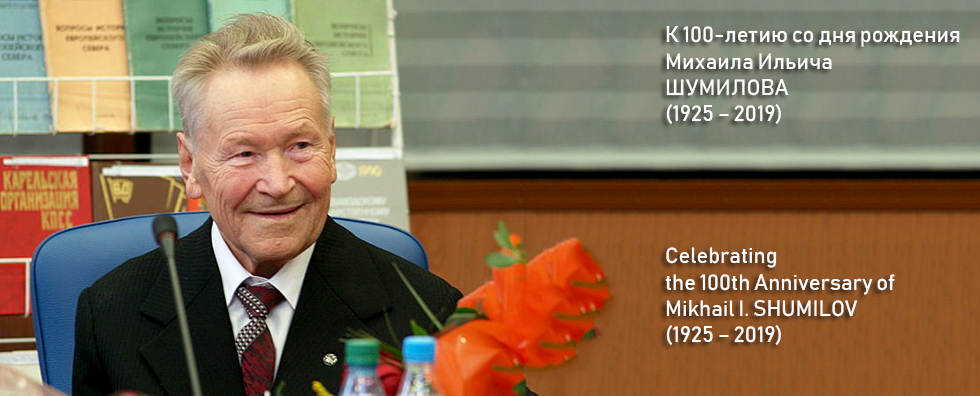The research and teaching project “Local welfare production and Governance” is the latest project in a series of cooperation between Petrozavodsk State University and Eberhard Karls University Tübingen on issues of local politics, governance and welfare. Principal researchers and co-organizers of this cooperation are Elena Chernenkova, Natalya Lavrushina and Rolf Frankenberger. The project is part of the project UniCSoC- Universities, Civil Scoiety, Public Wellbeing and Crises” by the German Academic Exchange Service in the Program “East-West-Dialogue”.
From the beginning, this project was set up as a research-based learning seminar to systematically include students in the assessment of local welfare production. Overall, 14 students from Petrozavodsk State University and Eberhard Karls University Tübingen took part in an online course during summer semester 2021. Under the guidance of researchers from both universities. Starting from concepts of welfare, political systems and local governance, the aim of the seminar was to provide deeper insight (legal and structural) frameworks, actors, and constraints of local welfare production from a systematic and comparative perspective. A special focus was on Local welfare production and governance arrangements including public and private actors, such as administrations and NGOs.
Local administrations usually have two roles in welfare production. First, they provide and distribute welfare (e.g., social security assistance) on behalf of the national or regional welfare system, and second, they produce welfare at their own responsibility (like childcare, and others) according to the principles of subsidiarity. Associations and NGOs often complement welfare provision on the local level, especially in areas where public administrations are weak or non-performant. So, a third sector arises and gains importance. Sometimes associations and NGOs act on behalf of administrations and are agents of welfare provision. Sometimes they offer their own services. The municipalities of Petrozavodsk and Tübingen served as the empirical examples. Both are university cities, are embedded in a federal system that is organized according to subsidiarity and principles of local self-government. On the other hand, they are situated in quite different systems of political power and culture. Another focus was on research methods, so that students discussed different approaches to analyze local politics.
The learning outcomes of the course were defined as 1) knowing concepts of political science like government and governance, and welfare; 2) being able to assess the influence of social and political structures and actors on local welfare production; 3) evaluating the impact of the Covid-19. pandemic on local welfare production; 4) applying research methods; and 5) practicing international cooperation. During the course students discussed the main issues and methods for analyzing local governance with researchers and experts from administration, politics, and civil society. As results of their studies, they identified research puzzles and formulated research questions for their individual research. These were discussed with the teachers and further developed. Then students conducted their individual research during the summer und prepared research reports for the joint online fall school from 04.-08. October 2021. During the fall school students discussed their findings and developed comparative perspectives on their research and presented the results of their work. Overall, thirteen research projects were presented on issues like local greening initiatives, interregional environmental cooperation, cooperation between university and city, cultural, educational, and student organizations in the pandemic, accessibility and equity in the social sphere, medical trade unions, local communities, and small businesses. Examples of the really impressing outcomes of the student research projects are presented in the current issue of StudArcticForum.




